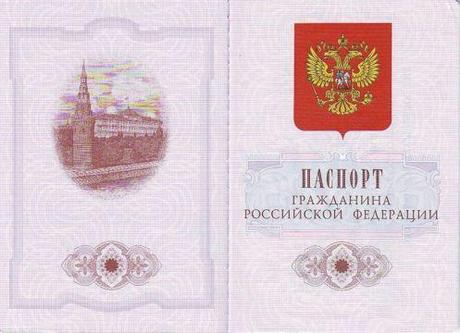The Russian Constitution guarantees freedom of speech and the right to assemble (as did the Soviet constitution) but the government feels that there are acceptable limitations to certain kinds of expression, including the fact that one must apply and receive permits to practice those freedoms in public.
Monday a group of 15 protestors stood in front of Lenin’s tomb area and unfurled a large banner protesting registration, the old Soviet requirement that citizens obtain written registration (permission) to live in a certain region and at a specific address. In Soviet times the practice was used to limit citizens from freely moving from one area or city to another without government permission.
All 15 were arrested.
The practice of registration was struck down by the Russian Constitutional Court in 1996 just two years prior to the breakup of the Soviet Union but recent changes in migration policy have made registration compulsory for all citizens. In December 2012 the Duma (parliament) added stricter penalties and President Vladimir Putin signed the changes into a law titled the Concept of Migration Policy of the Russian Federation which covers the period up to the year 2025.
Russians over the age of 14 are required to notify the federal migration service if moving to another place in the country where they intend to live for more than 90 days. In November of 2011, then-Prime Minister Vladimir Putin introduced on-line registration making it easier for Russians to inform the government of their place of residence. While many Russians simply ignore the requirement, if caught the penalty for failing to acquire official registration documents includes fines between 2000-2500 rubles, between $65 to 80 USD at current exchange rates.
Article 27 of the Russian Federation Constitution grants citizens the right to move and live without government interference, in theory at least. Russian authorities however say that the current registration regime is different from the Soviet Union’s propiska system wherein a citizen was required to see government permission prior to moving. The current system allows a citizen to move first and then register although the system of obtaining registration documents tends to be difficult, time consuming, and sometimes even corrupt with bribes paid for completion.
The government still maintains stricter controls on citizens who wish to move from other regions into the cities Moscow, St. Petersburg and Yekaterinburg. These cities have been plagued by illegal immigration from what Russians consider the “near abroad” which include former the Soviet Republics and nearby countries such as China and Turkey.
Although Article 3 of the Constitution states that “Registration or non-registration may not serve as a ground or condition for the implementation of the rights and freedoms of citizens,“ registration is required to access government services such as healthcare and public school education. Proof of registration is also required for things like purchasing and licensing a car. The requirement extends to employment but is sometimes ignored by private employers.

Russian citizens over the age of 14 carry an Internal Passport, shown above. These are needed for many services and transactions from buying a cell phone to opening a bank account. Looking almost identical to an International Passport for foreign travel, the Internal Passport included information on everything from education to martial status to employment history and pages 4 – 11 are reserved for the stamps required to certify the legal right to reside at a particular address.
How these new policies will mesh with the promise of eliminating the Soviet practice of internal passports and adoption instead of a bio-metric card system for Russian citizens is yet unknown.
